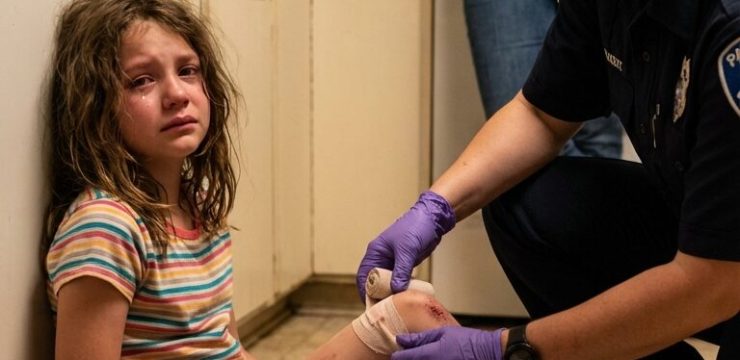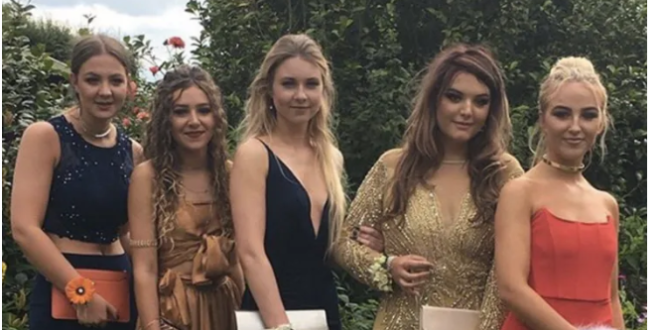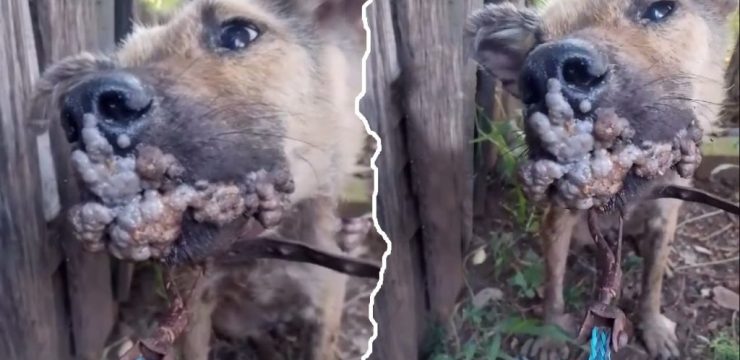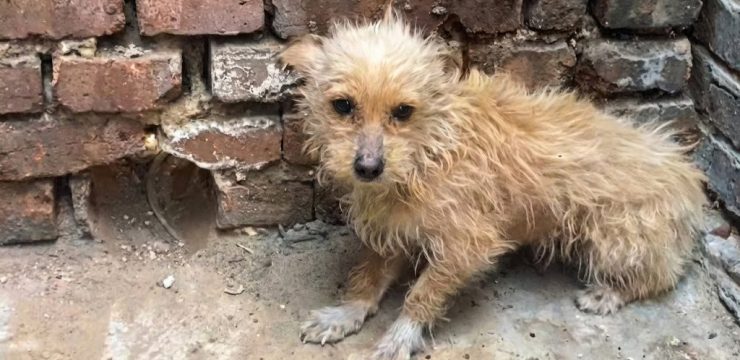When they first entered the public eye, they were little more than children themselves. Yet their stories captured national headlines and sparked debate across Britain. Years later, many still wonder what became of the country’s youngest parents. Recently, attention has returned to one of the most well-known figures, Tressa Middleton, who became the youngest mother in Britain when she gave birth at just twelve years old. Today, at 29, she is expecting her fourth child and has shared her joy with family and friends online. Her story, along with those of others who found themselves in similar situations, continues to fascinate and remind people of the challenges and consequences faced by children forced into parenthood far too soon.

Tressa’s story was widely reported in the mid-2000s. Growing up in a troubled household with a mother who struggled with addiction, she faced challenges most young children never encounter. At age 11, she became pregnant, and by the time she finished primary school, she was caring for a newborn. Her childhood was cut short, replaced by responsibilities she was never prepared to handle. Within two years of her daughter’s birth, Tressa was battling depression and dependency on cigarettes and alcohol. Eventually, social services determined that her child would be better cared for elsewhere, and the baby was placed for adoption. The identity of the father remained unknown to the public until 2009, when Tressa bravely revealed that her older brother Jason had abused her. DNA evidence confirmed her account, and Jason, then 34, was convicted and sentenced to four years in prison.
In interviews, Tressa described the manipulation she endured, explaining that she had been threatened and bribed with alcohol and cigarettes. The trauma left deep scars, and she later battled heroin addiction that consumed her life and finances. Yet over time, she began rebuilding, determined to create a healthier future. Today, she lives with her partner Darren Young, and the two are excited to welcome another child. For many who remember her early story, her resilience is a testament to strength and perseverance.
For fifteen years, Tressa’s name was associated with the title of Britain’s youngest mother. That changed in 2021 when reports surfaced that an 11-year-old girl had given birth after being harmed in circumstances beyond her control. For legal reasons, her identity has never been revealed, but authorities confirmed she and her baby received immediate support from professionals. The case shocked the public, reminding everyone that such tragedies still occur. A family friend at the time said the news came as an overwhelming surprise, but emphasized the most important fact—that both mother and child were safe and receiving care.
Another case that captured the nation’s attention was that of Alfie Patten. In 2009, news broke that Alfie, just 13 years old, was set to become a father with his girlfriend Chantelle Steadman, who was 15. The story made global headlines, even prompting comments from then–Prime Minister David Cameron, who described the situation as concerning for Britain’s youth. For a short time, Alfie was believed to be the father of baby Maisie. However, six weeks later, DNA testing proved otherwise. The biological father was identified as 14-year-old Tyler Barker. Alfie was devastated, telling reporters years later that he cried for days and felt like his world had collapsed. He never saw Maisie again, as Chantelle and her family moved away once the truth came out. Struggling to cope, Alfie withdrew from school and described feeling as if his life was over.
In the years that followed, Alfie’s difficulties continued. By 2019, he faced unemployment, alcohol problems, and legal trouble, including convictions related to theft and criminal damage. In 2021, both he and his mother were evicted from their home amid allegations of drug-related activity. His story, once portrayed as sensational headlines, eventually became a cautionary tale of how vulnerable young people can be overwhelmed by media attention and the weight of early notoriety.
Before Alfie’s case, Britain’s youngest known father was Sean Stewart, who became a parent in 1998 at just 11 years old. He and his 15-year-old neighbor, Emma Webster, had a son named Ben Louis shortly after Sean’s twelfth birthday. At the time, the unusual case drew wide public interest. Sean was given a day off from school to attend the birth, and his relationship with Emma was widely covered in newspapers. Emma later explained that she had believed Sean was older when they first began dating. Eventually, she moved on with her life, married someone else, and settled into a stable home. Sean, however, faced struggles of his own, including legal issues in his later teenage years that led to a short prison sentence. Emma admitted years later that she had little knowledge of where Sean was or what he was doing, but hoped their son could grow up without the burden of his parents’ past being constantly revisited.

While Britain’s cases are striking, the world’s youngest recorded mother was even younger. In 1939, in Peru, a five-year-old girl named Lina Medina gave birth, a result of a rare condition known as precocious puberty, where a child begins developing far earlier than average. Lina’s case shocked doctors and remains a medical anomaly. The identity of the father was never confirmed, and though authorities investigated, her father—initially suspected—was released due to lack of evidence. Lina’s case remains singular in history, a reminder of how complex and tragic these circumstances can be.
In the United Kingdom, laws surrounding consent are clear: sexual activity under the age of 13 is always considered illegal, while activity between teenagers under 16 is still not permitted but may be treated differently depending on the context. These rules exist to protect children from exploitation and ensure their safety. Cases like those of Tressa, Alfie, and Sean highlight not only the vulnerabilities of young people but also the urgent need for awareness, education, and support systems.
Looking back at these stories years later, it becomes clear that behind every headline was a child navigating circumstances they were not equipped to face. Some, like Tressa, have found ways to move forward, rebuild, and create families of their own. Others, like Alfie, continue to struggle with the weight of the past. What unites them is the reminder that early parenthood—especially when tied to trauma, exploitation, or misinformation—leaves lasting marks. Britain’s youngest parents may no longer dominate the front pages, but their lives tell powerful stories about resilience, hardship, and the importance of protecting children before they are thrust into adult realities far too soon.





